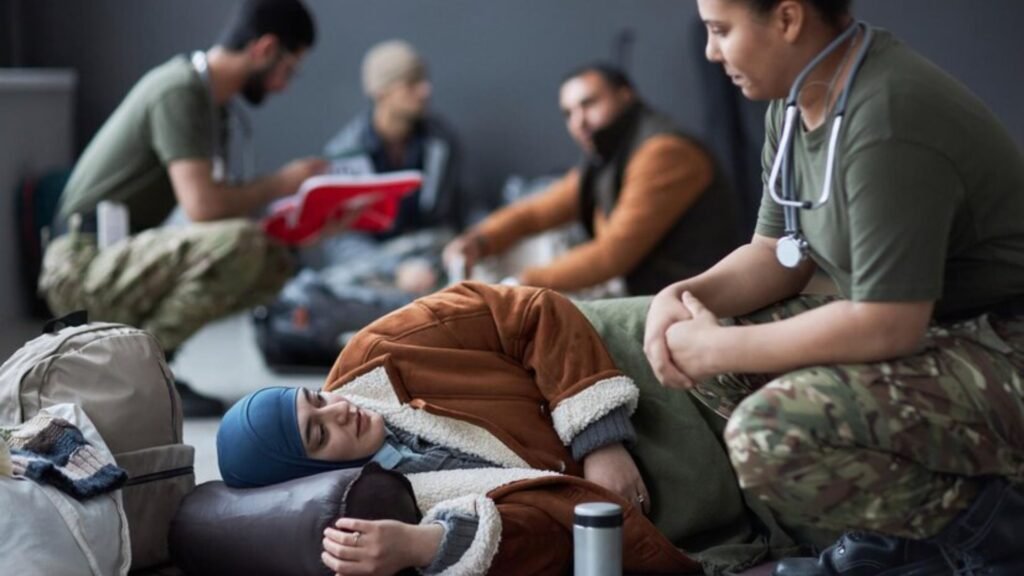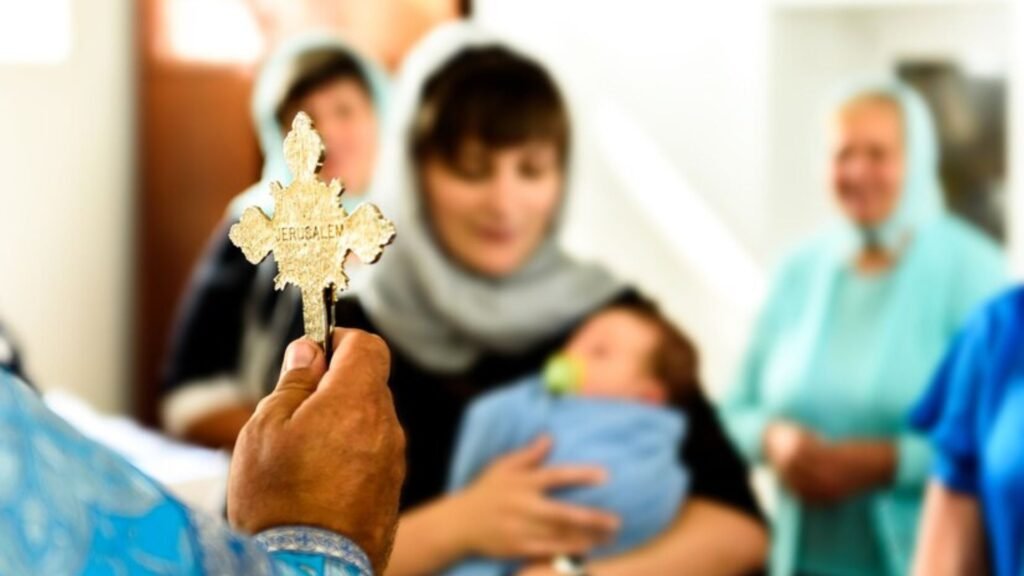Building Alliances to Combat Emerging Diseases
- Get link
- X
- Other Apps
The rapidly globalised world marked with the ability of new and re-emerging diseases to threaten the health security of countries. Building Alliances to Combat Emerging, From COVID-19 and climate change to the looming tidal wave of antimicrobial resistance, people need to act as one like never before. These issues are where GHD comes into play since it is a means by which actors such as governmental and non-governmental organisations, the private sector and even international organisations create partnerships and networks in an effort to work towards common goals.
In this article, the author discusses the significance of Global health diplomacy together with discussing and comparing examples of how world nations and leading organizations work together, share resources and develop policies for prevention and sort out strategies that needed for protection from emerging diseases. In this manner, various nations can improve readiness, develop superior reactions, and also navigate to disagreements that may, in the end, reduce the vulnerability of the world to acquiring infectious diseases.
Besides The Reinforcement of Collaboration As a Goal and Objective of Diplomatic

Work within the sphere of global health, a series of tactical and operative objectives identified as well defining the focus on the proactive actions, disease control, early alert systems, and coordinated emergency responses. The big advantage of diplomatic cooperation is little but the possibility of synchronization and close cooperation in the fight against potential threats to public health, exchange of key information and fast response actions if necessary.
Tactical and operative goals defined in the field of global health work, number of goals with focus on proactive activities, diseases control, early warning systems, and cooperation on emergency response. This the brings us to the main benefit of diplomatic cooperation, namely, not only the probability of coordination and interaction timing, and active cooperation when facing possible threats to public health but also the exchange of relevant information and the capacity for performing fast response actions where needed. Such an approach enables nations to bring a faster, more coordinated, and better resourced response to shared threats and develop effective strategies to prevent illness and decrease risks as a respected worldwide health community.
Additionally, global health diplomacy aids in the advancement of research and product development and justice to new medical products, treatment, and vaccines.In this case, diplomacy ceases to be only the means to address the further development of critical situations and becomes the basis for systemic health security and further cooperation of countries in preventing the emergence of new diseases.By constant strong- partnering the worldwide community can colossally approve populations, counteract health inequalities and suppress new health threats.
Building Alliances to Combat: The Importance of Global Health Diplomacy

Global health diplomacy is a process of combining international relations with health issues with an object of addressing global health-related issues. With threats of global health continuously becoming more and more invasive of national sovereignty diplomacy has therefore emerged as an important tool that can used to mobilize cooperation. There is therefore more to health diplomacy than bargaining and deals; it is a process of building and maintaining long partnerships for health challenges.
Global health diplomacy is also a critical component in influencing and defining the general global structures, norms and standards, and resource allocation and distribution of overall knowledge in the global health arena.This approach, by bringing together the interests of various stakeholders; the governments, international organizations, non-governmental organizations and entities, and the private sector, enhances collective capability to tackle current and future health threats.Further, it supports building and strengthening culture of transparent and accountable decision making, and sharing of best practices, key to reducing future health crises and enhancing health systems globally.By such partnerships, global health diplomacy deals with the current health problems but builds capacity for future generations as well.
Key Functions of Global Health Diplomacy: Building Alliances to Combat
- Coordination: Coordinate global activity regarding health endeavours, to guarantee that countries conform with their measures in tackling diseases.
- Resource Sharing: Support fair and effective sharing of entities such as vaccines, medical equipment, and personnel knowing very well that such commodities limited.
- Crisis Management: Improve preparedness for new diseases by strengthening systems for international actions, so they can quickly carried out.
- Advocacy and Awareness: Engage in awareness creation and promotion of health related illnesses at the global level in order to promote the respect of the right to health for everyone, every where.
Emerging Diseases and Their Impact on Global Health

EID is defined as those infectious diseases that are novel in the population or are experiencing disease rate and geographic range of infection that are rapidly increasing. These diseases include Zika, Ebola, and COVID – 19 and show that global health systems have weaknesses that call for quick response. These diseases not only put a pressure on the healthcare systems but also prove how we live in one world which is becoming increasingly connected – usually by the time a disease is contained at its source, it already a threat to the entire world.
This outbreak is perhaps an indication why such diseases should not allowed to spread within the shortest time possible since the region’s health diplomacy demands a collaborative approach both within and outside the region. In the absence of timely and proper response actions, epidemic producing diseases which are still incubating, threaten to devastate economies, overwhelm health systems and or widen social imparity across the globe, both in Developed and Developing countries. Hence, there is need to develop strong structures of global health that encompass strategies on how to cooperate, prepared and share health products in case of increased incidences of these heath threats.
Conclusion

Future protection against such diseases will only be possible if people continue to work and think creatively. Global health diplomacy is going to help to build and strengthen the necessary intergovernmental relations and agreements, necessary to tackle future pandemics and other health threats. Combined with enhanced international cooperation, common resources and ensured equal importance to health, states can work together towards making the world healthier. With the new challenge arising in the global fraternity it shall just acted as a boon for the diplomacy needed for making health a global concern for all the countries.
Continuous dedication and cooperation show that the world is capable to fight new illnesses without turning our backs in worry to the threatened posterity. It has been established that by forming a strong network with other nations, funding vital health systems in the globe and ensuring that resources are distributed fairly among nations, the globe is better placed to fight other health crises in the future. With the guidance of past pandemics and substantial development in medical science and technology the world is provided with an alloy to create a stronger foundation for a global health system. Thus, GH diplomacy will be the fundamental component of the future consisting of partnership approaches to address existing and emerging threats in the sphere of infectious diseases and improve human health universally.
- Get link
- X
- Other Apps
Comments
Post a Comment